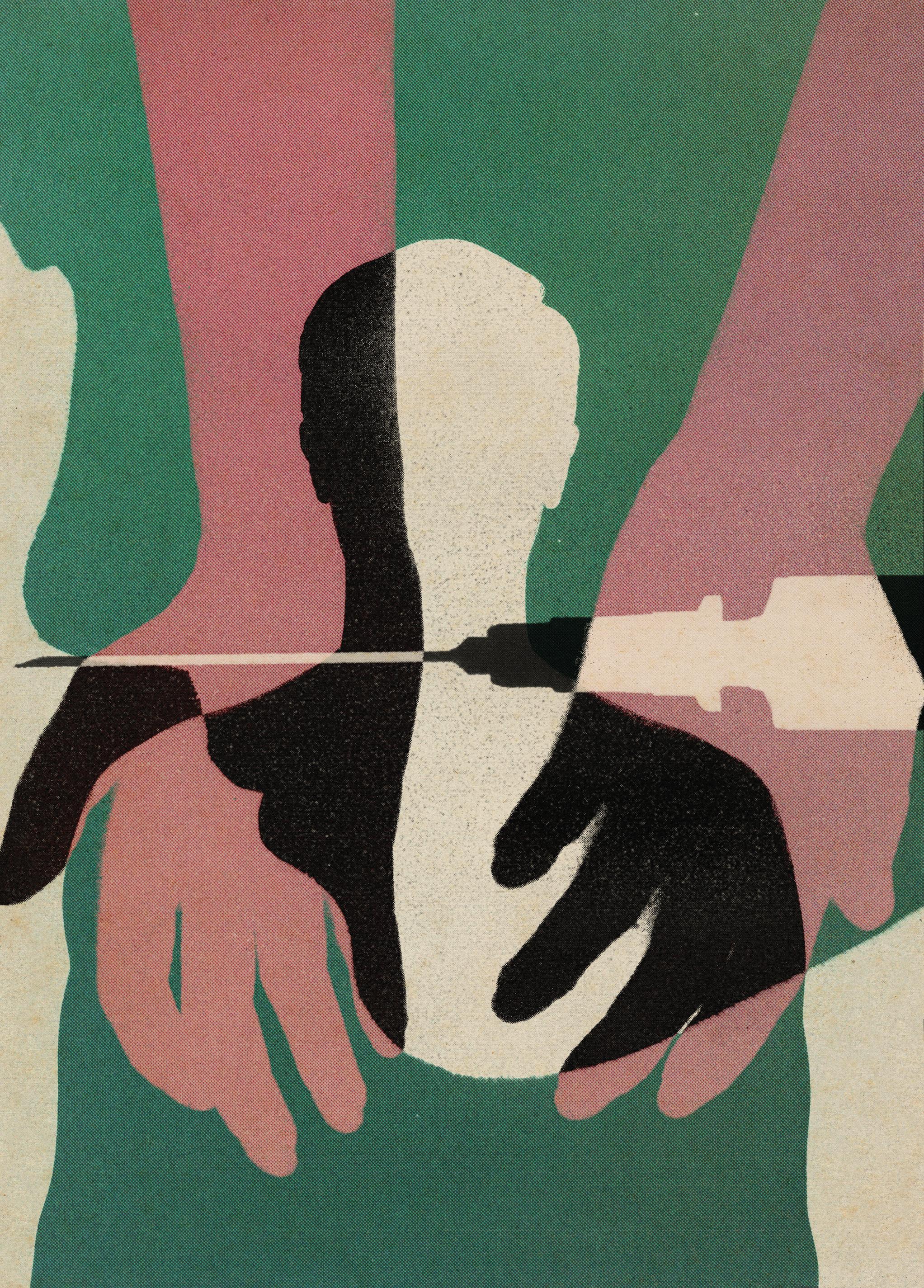
In October of 1858, John Stuart Mill and his wife, Harriet, were traveling near Avignon, France. She developed a cough, which seemed like just a minor inconvenience, until it got worse. Soon Harriet was racked with pain, not able to sleep or even lie down. Mill frantically wrote to a doctor in Nice, begging him to come see her. Three days later her condition had worsened further, and Mill telegraphed his forebodings to his stepdaughter. Harriet died in their hotel room on November 3.
Mill sat alone with her body in their room for a day. He was despondent over the loss of his marriage: “For seven and a half years that blessing was mine. For seven and a half years only!”
Later that same month, he sent a manuscript to his publisher, which opened with a lavish dedication to Harriet. He subsequently wrote that she had been more than his muse; she had been his co-author. The book was, he said, “more directly and literally our joint production than anything else which bears my name, for there was not a sentence of it that was not several times gone through by us together.” The book’s “whole mode of thinking,” he continued, “was emphatically hers.”
The book was called On Liberty. It is one of the founding documents of our liberal world order. Individuals, the Mills argued, have the right to be the architect of their own life, to choose whom to marry, where to live, what to believe, what to say. The state has no right to impinge on a citizen’s individual freedom of choice, provided that the person isn’t harming anyone else.
この記事は The Atlantic の June 2023 版に掲載されています。
7 日間の Magzter GOLD 無料トライアルを開始して、何千もの厳選されたプレミアム ストーリー、9,000 以上の雑誌や新聞にアクセスしてください。
すでに購読者です ? サインイン
この記事は The Atlantic の June 2023 版に掲載されています。
7 日間の Magzter GOLD 無料トライアルを開始して、何千もの厳選されたプレミアム ストーリー、9,000 以上の雑誌や新聞にアクセスしてください。
すでに購読者です? サインイン

JOE ROGAN IS THE MAINSTREAM MEDIA NOW
What happens when the outsiders seize the microphone?

MARAUDING NATION
In Trumps second term, the U.S. could become a global bully.

BOLEY RIDES AGAIN
America’s oldest Black rodeo is back.

THE GENDER WAR IS HERE
What women learned in 2024

THE END OF DEMOCRATIC DELUSIONS
The Trump Reaction and what comes next

The Longevity Revolution
We need to radically rethink what it means to be old.

Bob Dylan's Carnival Act
His identity was a performance. His writing was sleight of hand. He bamboozled his own audience.

I'm a Pizza Sicko
My quest to make the perfect pie

What Happens When You Lose Your Country?
In 1893, a U.S.-backed coup destroyed Hawai'i's sovereign government. Some Hawaiians want their nation back.

The Fraudulent Science of Success
Business schools are in the grips of a scandal that threatens to undermine their most influential research-and the credibility of an entire field.